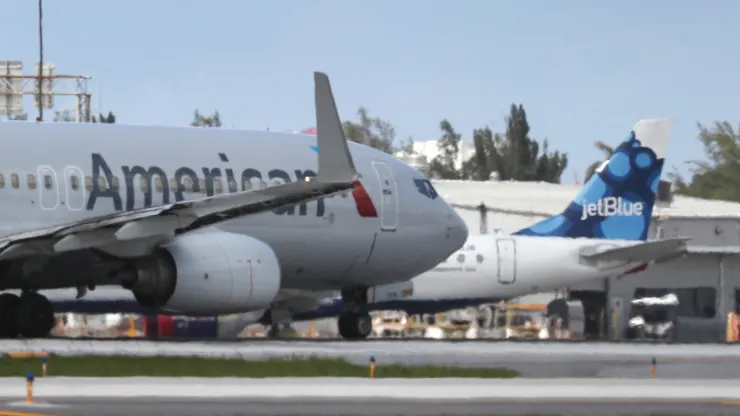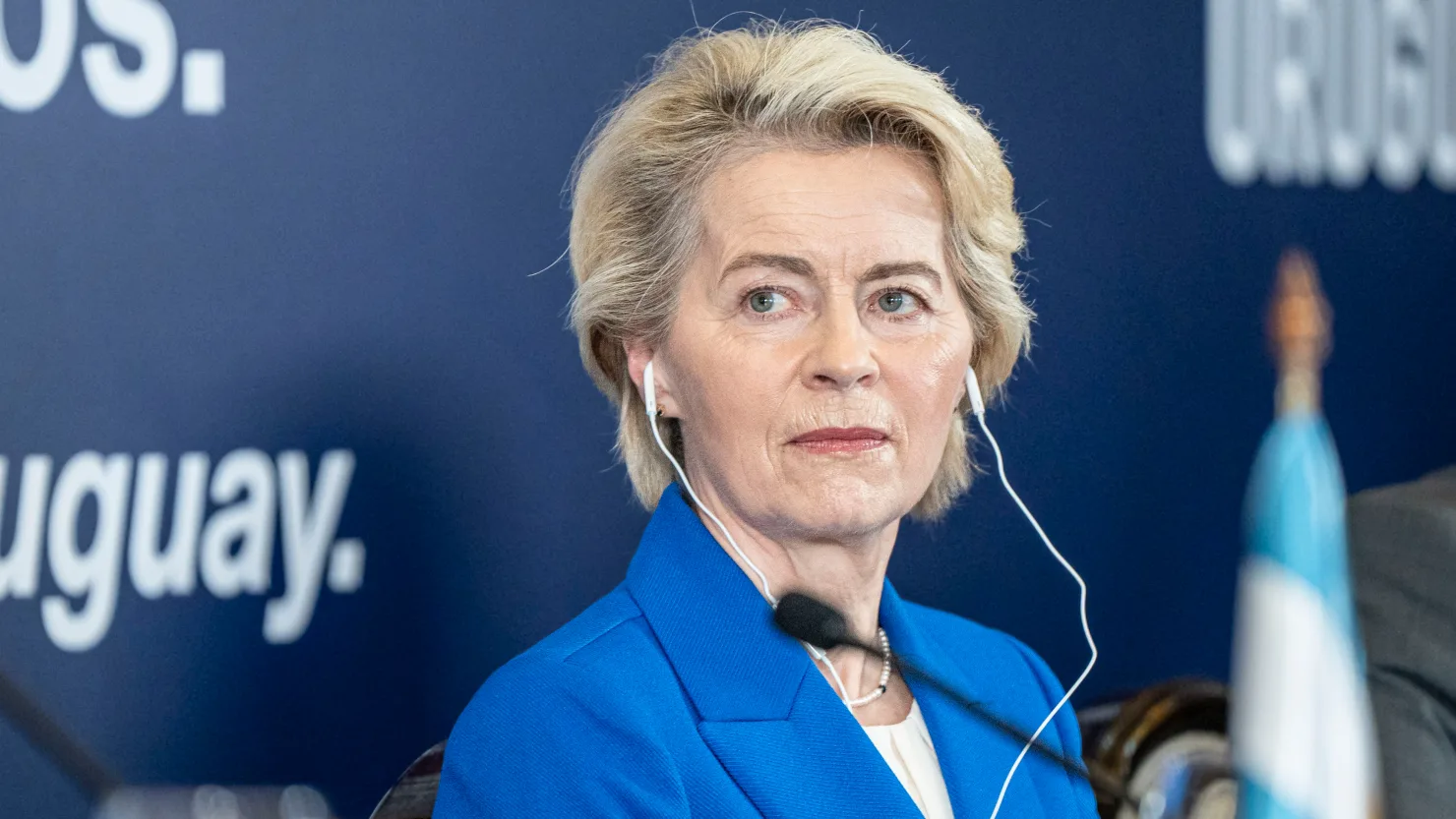

The European Union’s blockbuster trade deal with South America’s Mercosur bloc is widely regarded as highly controversial, with EU member states split over its terms and many wary of yet another farmer flashpoint. After 25 years of talks, the EU and five South American countries — Brazil, Argentina, Uruguay, Paraguay and, newly, Bolivia — signed a landmark trade agreement on Dec. 6, setting the stage for one of the world’s biggest free trade zones. The trans-Atlantic partnership is estimated to cover an area of more than 700 million people and represents about 20% of global gross domestic product. The agreement, which is designed to facilitate trade between the two blocs by lowering tariffs on a range of products, now needs the approval of EU Parliament and a qualified majority of 15 member states. Analysts expect a bumpy ratification process, with farmers and some EU member states warning it could create unfair competition for European agriculture. France, the euro zone’s second-largest economy, is vehemently opposed, while countries including Poland, Italy, Austria and the Netherlands have all expressed reservations. Germany, which is strongly in favor of a deal, is part of a bloc of 10 other member states calling for European Commission President Ursula von der Leyen to swiftly ratify the final terms.
oCxXqPyF
PCLsUHDRiNvMXOoZ
mmwaXWmbZLYFRMGcupvpb
PhVVFvzlrjhJmUvMTOa
DQxvurkfkIwRkViS